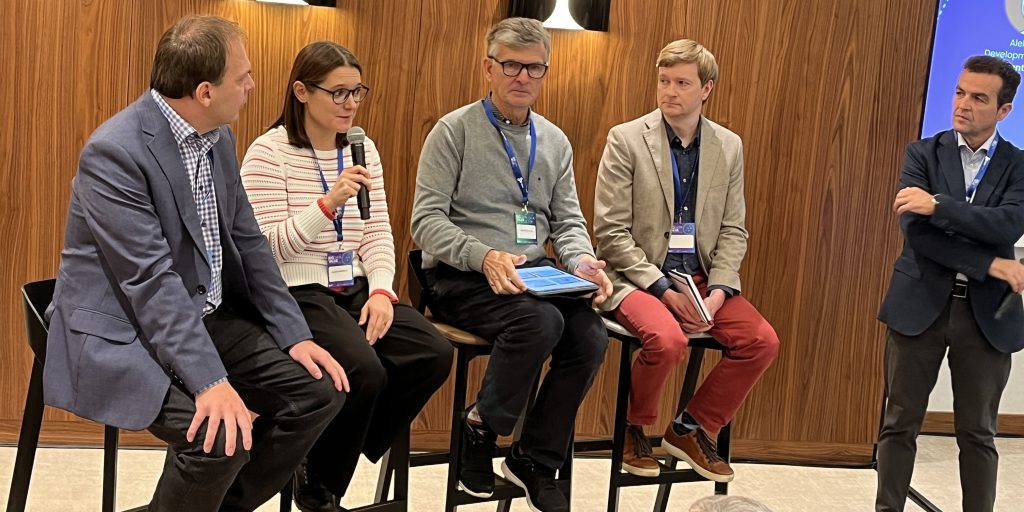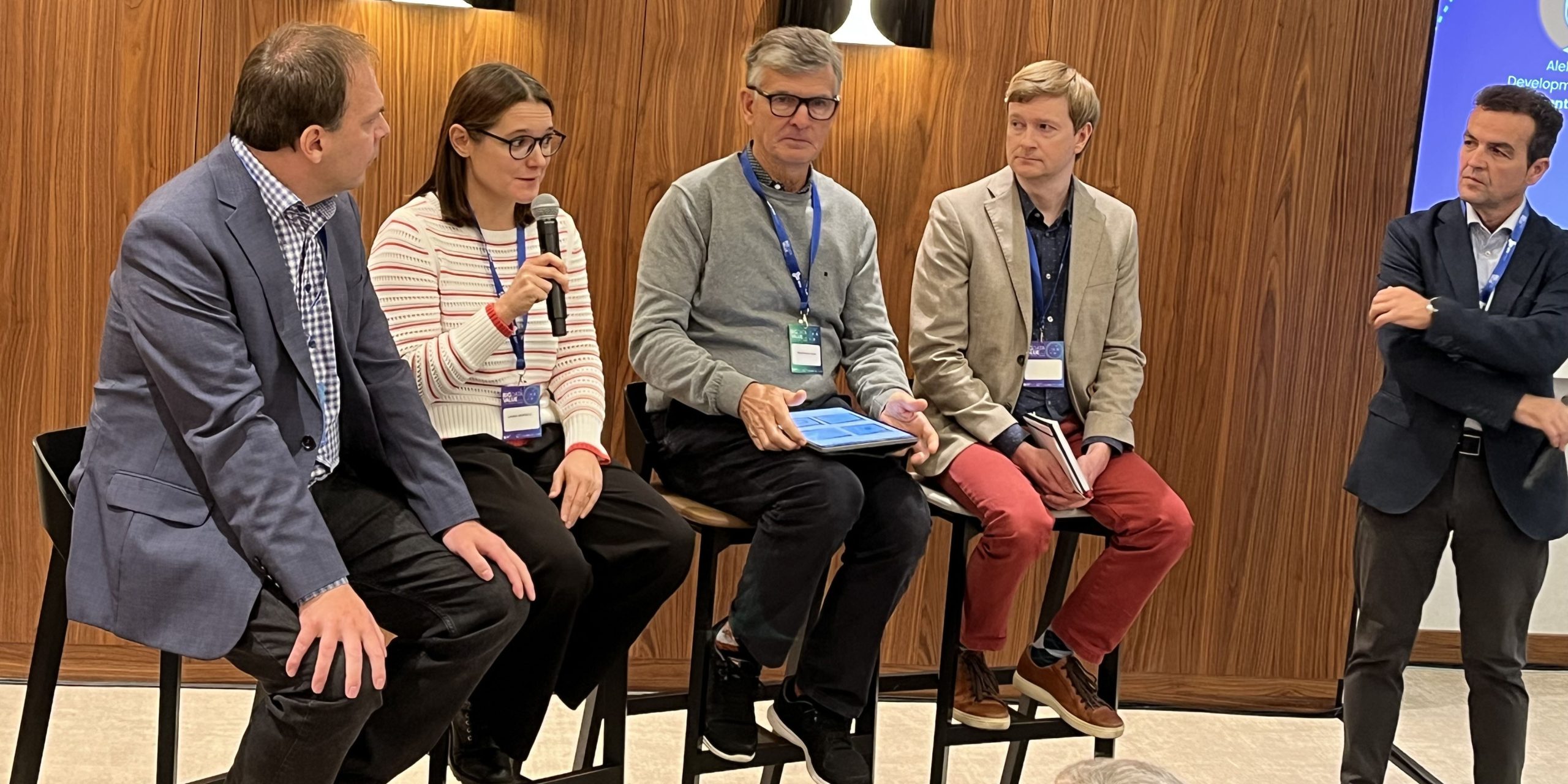AI factories and data spaces to boost AI development in Europe
What are AI factories? How can data be made accessible to AI developers? How will high-performance computing and data spaces help boost the development of generative AI?
High-performance computing (HPC) and artificial intelligence (AI) are very topical now, as over the summer of 2024, the EuroHPC Joint Undertaking launched a call for AI factories to boost European competitiveness and leadership in AI development. AI factories are supercomputing infrastructures that aim to enhance the access of the European scientific community to AI-optimized computing capabilities.
When operational, AI factories will offer scientists, SMEs, startups, and other users access to skills development, tools, and user support services to train and develop AI models in accordance with European values.
Training and developing AI models require vast amounts of data. Thus, data access and powerful tools for processing data must be guaranteed to the developers and other users. Can the Common European Data Spaces (CEDS) help address this challenge and what is the role of CEDS in the new ecosystem?
AI factories, data spaces and generative AI were at the core of the discussions at the European Big Data Value Forum conference (EBDVF) on 2-4 October 2024 in Budapest.
Aleksi Kallio, Development Manager at CSC, contributed as a panelist in the AI factories: Addressing the data challenge session at the EBDVF conference. The session saw the contributions of many key actors in the AI factory and data space ecosystem landscape, such as the European Commission, Barcelona Supercomputing Center (Spain), IT4Innovation / VSB (Czech Republic), Cineca (Italy), the Language Data Space, the Data Spaces Support Center, and the Data Spaces Business Alliance (BDVA, FIWARE, Gaia-X, IDSA).

Data spaces and AI factories complete each other
The panelists recognized that AI factories coupled with data spaces promise immense benefits to boost innovation in Europe. Data spaces can offer AI factories support in data interoperability issues, as well as provide seamless access to data and appropriate data governance structures.
On the other hand, AI factories can equip data spaces with the most innovative AI-based tools and AI models. The EuroHPC supercomputers are the natural gluing element for combining these two worlds. They can provide the computing capabilities necessary to make the AI factories and data spaces ecosystems fully integrated and operational.
“Modern AI is very much about data. However, data alone does not create anything new. You need talented people who are equipped with powerful tools, namely AI supercomputers. People with visions of groundbreaking AI-based solutions and skills to create them can come to AI factories to get the computing capacity and tap into data from data spaces,” states Aleksi Kallio.
Common roadmap to build European skills is needed
Despite recognizing the benefits, the panelists of the session were highly aligned in outlining that connecting the upcoming AI factories and data spaces is not an easy task. This is mainly because both initiatives are still in an early stage, and thus, visualizing the technical pre-requisites for interconnection is not straightforward. In these early stages, the priorities for addressing this challenge are identifying common policies and standards through trusting cooperation between AI factories and data holders, as well as among AI factories, data spaces, and generative AI developers.
One aspect that was not highlighted in the session was the need for skills. AI factories need access to specific skills related to the access, management, processing and governance of data in order to be able to train stakeholders and support end users. This is another area where a symbiotic collaboration of AI factories, supercomputers, and data spaces can bring benefits.
“A common roadmap to plan and develop the skills needed in the future in the area of generative AI is needed, and it should be co-designed with the support of AI factories, EuroHPC and data spaces to ensure that the talent pool of Europe is not lacking behind and is ready to support innovation. CSC is very active on this front as well and will continue to work in this direction,” remarks Aleksi Kallio.
More reflections and information on generative AI and data spaces will soon be available in the GenAI and data spaces whitepaper coordinated by the Data Spaces Support Center (DSSC), to which CSC has contributed.
Authors
Elisa Halonen, Aleksi Kallio and Sara Orhanen, CSC
